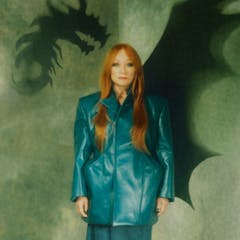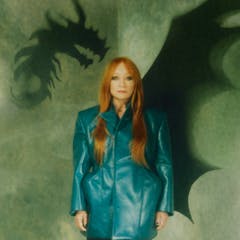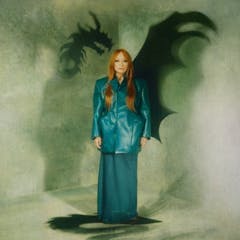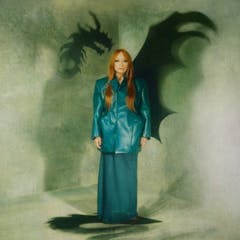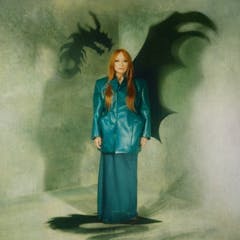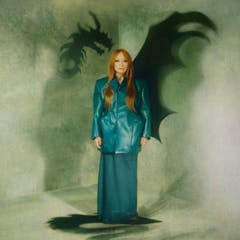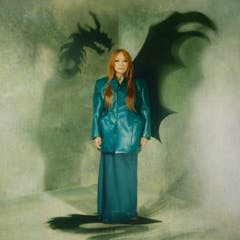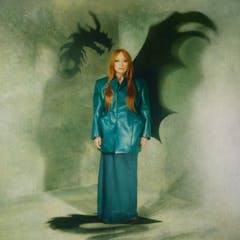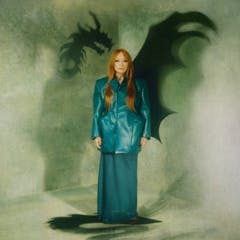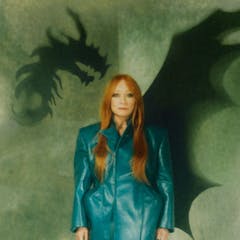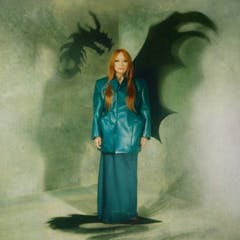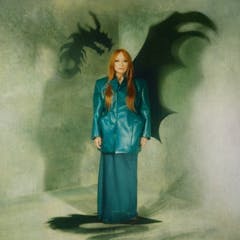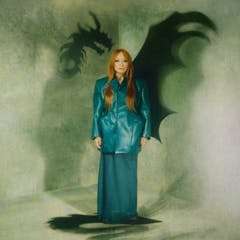
Bartees Strange
Rock
Upcoming Events
Thursday, May 28
Tuesday, July 14
Monday, July 20
Friday, July 24
Saturday, July 25
Friday, July 31
Saturday, August 1
Saturday, August 8
Monday, August 10
Tuesday, August 11
Saturday, August 15
Thursday, August 20
Tuesday, August 25
Friday, August 28
Details
Description
Bartees Cox, Jr — better known as Bartees Strange — is telling NME about his forthcoming debut record ‘Live Forever’. “I was always like: ‘Oh, I can’t be this, because people are gonna think it’s weird for a Black kid to do this.’ Or: ‘I can’t do this ‘cause I’m queer and people out here are gonna freak…’
“As I’ve got older and kept creating things, though, the more I’ve been like: ‘Yo, I can build whatever world I want.’ And that’s kinda what ‘Live Forever’ is all about: you can do whatever you want.”
‘Live Forever’ has been eagerly anticipated by many since the Washington, D.C. artist’s acclaimed EP of covers of The National, ‘Say Goodbye To Pretty Boy’, arrived in March, garnering him fans among such famous National devotees as Paramore’s Hayley Williams and Deadpool star Ryan Reynolds — not to mention the band themselves. But ‘Live Forever’ is a different kind of masterpiece that is sure to propel Cox further into the indie rock stratosphere. “I could talk about it for hours,” he admits.
Cox spent his early childhood as a military child moving between air force bases. As a pre-teen, he finally settled in Mustang, Oklahoma, a town that was overwhelmingly and oppressively white. “That’s where I picked up that I needed to do whatever I needed to do to fit in, and it started a trend of me not letting myself shine through,” he says. “I had friends who were getting run out of town for being good at basketball. And all the while, we had to act like everything was normal.”
He picked up a love of music from his mother, an opera singer. As he got older and discovered the world of punk and indie music, he found empowerment in artists of colour such as Bloc Party, TV On The Radio and At The Drive-In. Yet even while he channelled those influences into Bartees Strange, he felt sorely underrepresented; a feeling compounded by his experience at a National concert which inspired ‘Say Goodbye To Pretty Boy’.
“It was here in D.C., which is like ‘Chocolate City’ — one of the last remaining majority Black cities in the country. And there was all white people there,” he recounts. “Then I kept thinking deeper, and I was like: ‘Why is it that the only bands that have this multi-album, multi-Grammy [career]; they’ve got families, relationships, money, opportunities: why are they all white? At what point are Black people gonna be able to have everything in this space that we’ve put so much into?’ So much of the foundation is us, so I want my piece.”
‘Live Forever’ was recorded over two weeks at a friend’s barn in Wassaic, New York with a host of Cox’s friends selected as collaborators. For the first time, Cox knew he wanted complete control over the record’s recording and production. “I remember going to studios and being the only Black kid in the studio. I remember feeling like people didn’t know how to handle my voice, they didn’t know the references I was making. That’s when I started being like: ‘I gotta figure out a way to do everything on my own.’”
It resulted in a creative freedom that lifts ‘Live Forever’ to new heights, allowing Cox to make good on every ambitious whim and boldly inject his personality into the record without adulteration.
Top Bartees Strange Songs of All Time
